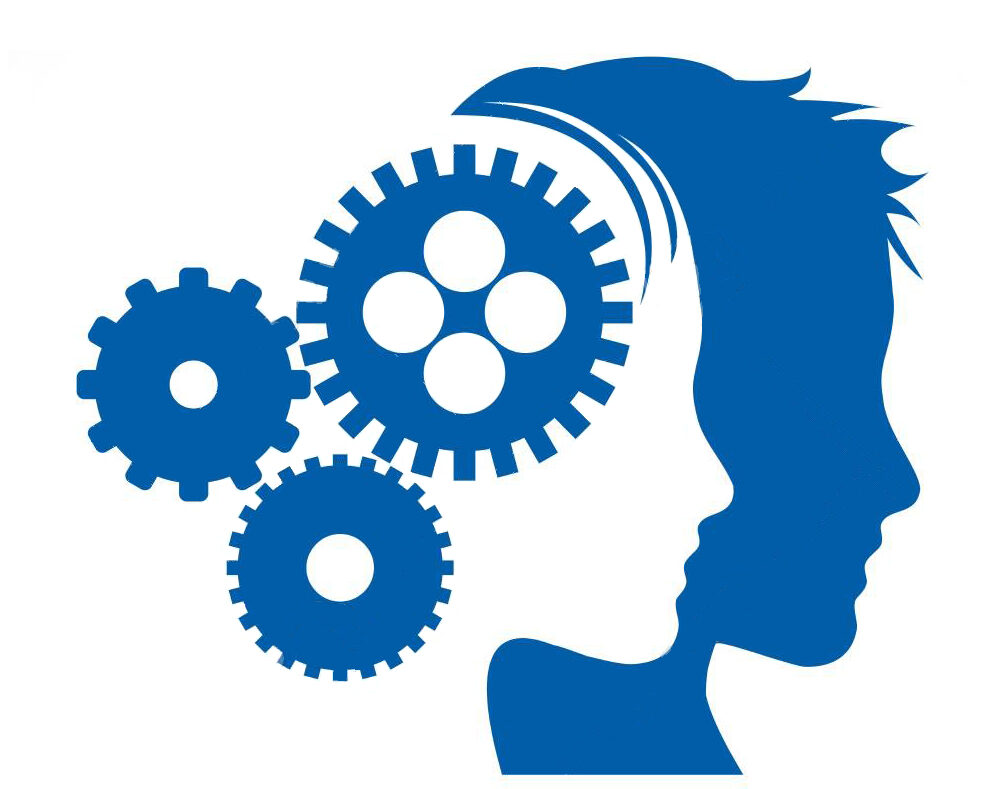In this article, you will explore the intricacies of the ever-complicated concept of conditional love. We will delve into the complex nature of this type of affection and the various ways it can manifest in our relationships. From its potential origins to its impact on our emotional well-being, this exploration will shed light on the complexities that arise when love comes with conditions. So, fasten your seatbelt and get ready to navigate the twists and turns of the complex world of conditional love.
The Definition of Conditional Love
Defining Love
Love is a complex and multifaceted emotion that forms the foundation of relationships. It encompasses feelings of affection, care, and deep attachment towards another person. Love can manifest in various forms, such as romantic love, familial love, and platonic love. It is often associated with warmth, support, and a sense of security.
Understanding the Concept of Conditions in Relationships
Conditional love refers to a type of love that is bestowed upon someone based on certain predefined conditions or expectations. It is a love that is not unconditional, meaning that it is contingent upon certain requirements being met. These conditions can vary greatly depending on the individuals involved and the nature of the relationship.
Exploring the Intersection of Love and Conditions
The concept of conditional love raises important questions about the nature of love and its role in relationships. It challenges the idea of love as an unconditional and selfless emotion, highlighting the existence of expectations and conditions. Understanding the complexities of conditional love requires delving into various factors that influence its occurrence and impact on personal well-being.
Conditional Love in Personal Relationships
Factors Influencing Conditional Love
Conditional love can be influenced by a range of factors, including personal upbringing, cultural beliefs, and societal expectations. Individuals may adopt certain conditions in their relationships based on their past experiences or the values instilled in them during childhood. These conditions can shape their perceptions of love and affect the way they express it towards others.
Emotional Conditions in Romantic Relationships
Romantic relationships often involve a significant degree of emotional conditions. These conditions may include expectations of fidelity, emotional support, or shared values. While some emotional conditions can be healthy and necessary for a relationship to thrive, an excessive reliance on conditions can lead to feelings of insecurity and an imbalance in power dynamics.
Transactional Nature of Some Relationships
Certain types of relationships, such as transactional relationships or arrangements, inherently involve conditional love. In these relationships, love and affection are given with the expectation of receiving something in return. Whether it is a business transaction or a mutually beneficial agreement, the love exchanged in these relationships is often based on meeting specific conditions or fulfilling certain needs.
Impact of Conditional Love on Mental and Emotional Well-being
Psychological Consequences of Living with Conditions
Living with conditional love can have profound psychological consequences. When love is conditioned upon meeting certain expectations, individuals may feel constant pressure to prove themselves or fear rejection if they fail to meet those conditions. This can lead to feelings of anxiety, inadequacy, and a diminished sense of self-worth.
Self-esteem and Self-worth Challenges
Conditional love can have a detrimental effect on one’s self-esteem and self-worth. When love is withheld or threatened based on meeting certain conditions, individuals may internalize the belief that they are unworthy of love unless they meet those expectations. This can result in a negative self-image and a continuous cycle of seeking validation from others.
Emotional Turmoil and Uncertainty
Living with conditional love can create emotional turmoil and uncertainty in relationships. The fear of losing love or facing rejection can lead to constant anxiety and a lack of trust. Individuals may feel on edge, constantly trying to meet the conditions set by their loved ones, thus sacrificing their own emotions and needs in the process.
Psychological Perspectives on Conditional Love
Attachment Theory and Conditionality
Attachment theory suggests that early childhood experiences strongly shape individuals’ attachment styles, which can influence the occurrence and acceptance of conditional love in relationships. Those with insecure attachment styles may be more susceptible to seeking conditional love, as they may have experienced love as inconsistent or unavailable during their formative years.
Behavioral Psychology and Conditionality in Relationships
Behavioral psychology posits that conditions in relationships can arise from reinforcement and punishment structures. Positive behaviors are rewarded with love and affection, while negative behaviors are met with withdrawal or punishment. Over time, this can establish patterns of conditioned love, where individuals only feel loved if they meet certain expectations or behaviors.
Cognitive-Behavioral Approaches to Unconditional Love
Cognitive-behavioral approaches to love focus on challenging and restructuring conditional beliefs and thought patterns. Through therapy and self-reflection, individuals can learn to differentiate between healthy boundaries and unreasonable conditions in relationships. They can also explore alternative ways of expressing and experiencing love in a more unconditional and accepting manner.

Interplay Between Conditional and Unconditional Love
Understanding Unconditional Love
Unconditional love is often seen as the ideal type of love, where love is given freely and without any conditions. It is a love that is not dependent on external factors or the fulfillment of expectations. Unconditional love involves acceptance, forgiveness, and a deep sense of empathy towards the other person without any prerequisites.
Balancing Conditional and Unconditional Love in Relationships
Finding a balance between conditional and unconditional love is crucial in cultivating healthy relationships. While some degree of conditional love is inevitable and necessary for setting boundaries and maintaining a healthy dynamic, it is important to ensure that it does not overshadow the importance of unconditional love and acceptance.
Transformation and Growth Towards Unconditional Love
The journey towards unconditional love often involves personal growth and transformation. This process requires individuals to examine their own conditioning and beliefs surrounding love. By challenging their own expectations and embracing vulnerability, individuals can develop a deeper understanding of themselves and others, leading to a more unconditional form of love.
The Role of Communication in Conditional Love
Importance of Open and Honest Communication
Open and honest communication is essential in navigating conditional love in relationships. By expressing one’s thoughts, feelings, and expectations openly, individuals can foster a safe and trusting environment. Effective communication allows for the negotiation of conditions, the establishment of boundaries, and the mutual growth of both individuals involved.
Addressing Conditions in Relationships
To break free from the constraints of conditional love, it is crucial to address the underlying conditions present in the relationship. This involves engaging in candid conversations about expectations, needs, and desires. By openly discussing and renegotiating conditions, individuals can work towards a more harmonious and fulfilling partnership.
Negotiating Boundaries and Expectations
Setting clear boundaries and managing expectations is pivotal in the dynamics of conditional love. Individuals must recognize and communicate their own limits and needs, as well as respect those of their partners. Healthy relationships require ongoing dialogue and negotiation to ensure that conditions are reasonable, fair, and mutually agreed upon.

Cultural and Societal Contexts of Conditional Love
Cultural Influence on Perceptions of Love
Cultural norms and values significantly shape individuals’ perceptions of love and the occurrence of conditional love in relationships. Different cultures may emphasize certain conditions, such as commitment, financial stability, or adherence to traditional roles. These cultural influences can impact the prevalence and acceptance of conditional love within a society.
Societal Expectations and Conditionality
Societal expectations, such as gender roles or societal pressures to conform, can contribute to the presence of conditional love. For example, individuals may feel the need to meet societal norms or expectations in order to be loved or accepted. These pressures can create conditions in relationships that often prioritize external factors over genuine emotional connection.
Media Portrayals of Love and Conditions
Media often plays a significant role in shaping societal perceptions of love and relationships. Portrayals of love in movies, TV shows, and advertisements can reinforce conditional love dynamics, depicting relationships where love is based on superficial qualities or meeting specific conditions. These media representations can impact individuals’ expectations and beliefs about what constitutes love.
Breaking Free from Conditional Love
Recognizing and Acknowledging Conditional Patterns
The first step towards breaking free from conditional love is recognizing and acknowledging the presence of these patterns in relationships. This requires self-reflection and an honest examination of one’s own beliefs and behaviors. Identifying the existence of conditions and their impact on emotional well-being is crucial in initiating the journey towards change.
Seeking Support and Therapy
Seeking support from friends, loved ones, or professional therapists can provide valuable guidance and assistance in navigating the complexities of conditional love. Therapeutic interventions, such as cognitive-behavioral therapy or relationship counseling, can help individuals explore and address the underlying causes of conditional love, as well as develop healthier relationship dynamics.
Challenging Beliefs and Redefining Love
Challenging deeply ingrained beliefs and redefining one’s understanding of love is an essential part of breaking free from conditional love. This involves questioning societal and cultural norms, examining personal expectations, and establishing a more genuine and compassionate approach towards love and relationships. It requires a commitment to personal growth and a willingness to embrace change.

The Journey Towards Unconditional Self-love
Building Self-awareness and Acceptance
The journey towards unconditional self-love begins with building self-awareness and acceptance. This involves recognizing and embracing one’s strengths, weaknesses, and unique qualities. By cultivating a non-judgmental attitude towards oneself, individuals can develop a sense of self-acceptance and a foundation for unconditional love.
Practicing Self-compassion and Forgiveness
Self-compassion and forgiveness play vital roles in developing unconditional self-love. Individuals must learn to treat themselves with the same kindness and understanding they would extend to others. By practicing self-compassion and forgiving oneself for past mistakes or shortcomings, individuals can cultivate a nurturing and supportive relationship with themselves.
Cultivating an Unconditional Relationship with Yourself
Cultivating an unconditional relationship with oneself requires ongoing self-care and self-reflection. It involves nurturing one’s physical, emotional, and spiritual well-being, as well as prioritizing personal growth and self-fulfillment. By nurturing a deep sense of self-love and acceptance, individuals can foster a foundation of unconditional love to share with others.
Conclusion
Conditional love is a complex phenomenon that exists within personal relationships and is influenced by various factors such as upbringing, cultural context, and societal expectations. The impact of conditional love on mental and emotional well-being is profound, often leading to self-esteem challenges, emotional turmoil, and psychological consequences. Psychological perspectives offer insights into the interplay between conditional and unconditional love, emphasizing the importance of balance and growth towards a more unconditional form of love. Effective communication, addressing conditions, and renegotiating boundaries are essential in navigating conditional love. Cultural and societal contexts shape our perceptions of love, and media portrayals can reinforce conditional love dynamics. Breaking free from conditional love requires recognizing patterns, seeking support, and challenging beliefs. The journey towards unconditional self-love involves building self-awareness, practicing self-compassion, and cultivating an unconditional relationship with oneself. By understanding and addressing the complexities of conditional love, individuals can embark on a path of personal growth and transformation towards healthier and more fulfilling relationships.







